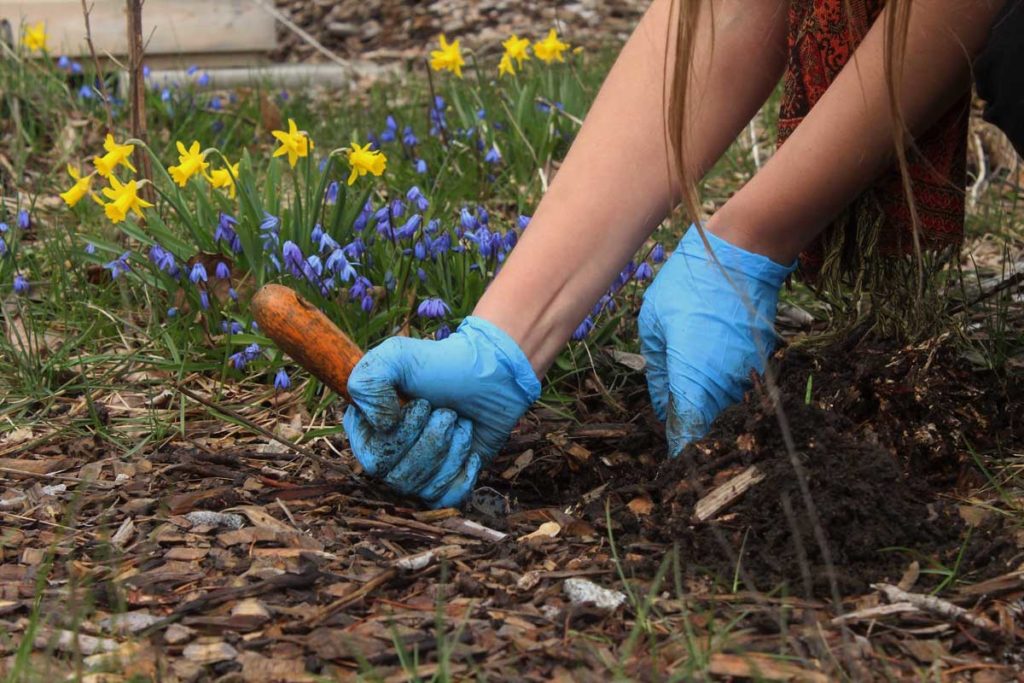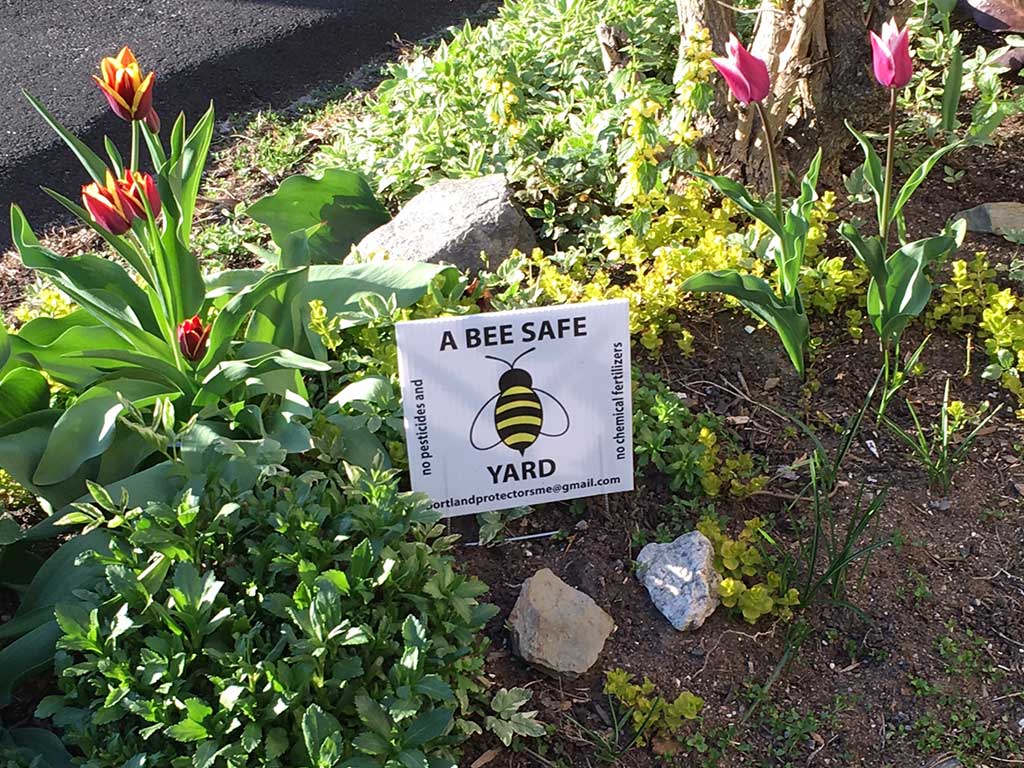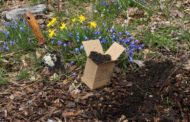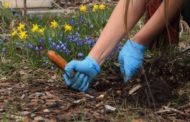Now Testing Backyard Chicken Eggs for Lead
By Tony Zeli

Gardening is a great activity. But a long industrial history and major 19th century fires put the Portland peninsula at an elevated risk for soil lead contamination. And other neighborhoods throughout Greater Portland that have older housing stock with lead-based paint, former industrial areas, and former farmland (think lead based pesticides) may also be areas of concern. Luckily, with a free soil lead test you can know what your risk to lead exposure is and take the necessary steps to mitigate it and enjoy your summer!
The Cumberland County Soil and Water Conservation District (CCSWCD) began the free testing program in 2019 for four of Portland’s most affected neighborhoods. This summer the program is serving all the Greater Portland region, including South Portland, Westbrook, Scarborough, and Brunswick.
Neighborhoods outside of Portland that are of potential concern include: Frenchville in Westbrook, Ferry Village and Mill Brook in South Portland, Oak Hill in Scarborough, and Brunswick Station and Main Street in Brunswick. But any garden is worth testing. And the data collected will help CCSWCD understand the extent of lead contamination, which can change from block to block.
This is essential information for individuals and the community. Gardening in soil with high levels of lead may cause lead poisoning. Lead can build-up in your body over months to years when you breathe in small amounts of dust from lead-contaminated soil. Sometimes contaminated dust covers the vegetables we eat. Eventually, lead levels can make you sick. Children under seven and pregnant women are most at risk.
HOW SOIL LEAD TESTS WORK
Greater Portland residents are eligible for one soil test. CCSWCD staff collect the sample and then mail it to the UMaine Soil Lab for analysis. It takes about two weeks to receive preliminary results (normal, moderate, high lead). It takes an additional two weeks for the secondary results which provide an actual amount in parts per million. There is funding to provide 150 samples this year. CCSWCD will continue sampling until October, or they reach that number. The program gives priority to households with children.
BACKYARD CHICKEN EGGS & PLANT TISSUE LEAD TESTS
In addition to soil samples, CCSWCD provides plant or chicken egg tissue samples in locations where lead contamination is found. This is a new addition to the program after receiving questions from chicken keepers around whether their eggs could be impacted by lead contamination.
For egg testing, CCSWCD staff would return to collect the egg sample. They then hard boil it before shipping it to the lab for analysis. These tests cost more than the soil lead testing (about $30).
WHAT IF I FIND LEAD IN MY GARDEN?
If you find high levels of lead in your soil, it is important to reduce your exposure. Covering the soil with a thick layer of woodchips may be enough. Or you can build raised beds to ensure you are gardening in clean soil. You can learn more from the Cumberland County Soil and Water Conservation District https://www.cumberlandswcd.org/documents-1/soil-lead.
Tony Zeli is publisher and editor. Reach him at thewestendnews@gmail.com.





